Oto Ševčík
Nascimento : 1931-10-23, Karviná, Czechoslovakia
Morte : 2003-02-25

An army deserter and a soon-to-be high school graduate embark on an ill-fated romance in this musical film set in the '60s.

knížepán
Happily ever after has a bumpy start for a young couple in a magical land when the husband is sent off to battle by a jealous prince.
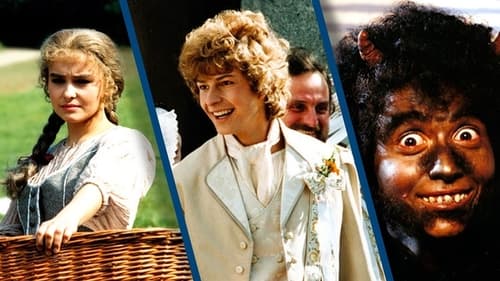
knížepán
A young man Jindrich goes looking for a princess only to find a girl in the country mill.
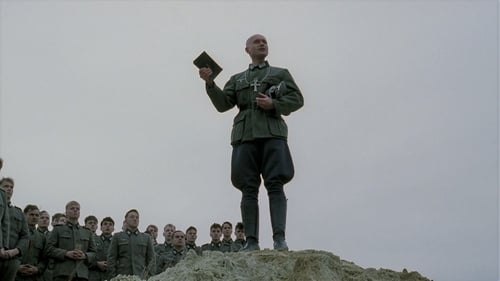
Major Kock
Segunda Guerra Mundial, 1942. O filme traz um retrato da Batalha de Stalingrado vista pelos olhos dos alemães. A história segue um grupo de soldados alemães, desde o fronte italiano no verão de 1942 até as estepes congeladas da Rússia soviética e terminando com a batalha por Stalingrado. Através deles são mostrados os horrores da guerra, o medo, a esperança e todas as emoções dos combatentes envolvidos. Uma descrição da brutal batalha de Stalingrado, a "Waterloo" do Terceiro Reich, vista pelos olhos do oficial alemão Hans von Witzland e por seu batalhão.

When rumors spread about a "child prodigy" among the Mozarts in Salzburg, the archbishop orders an investigation in which the seven-year-old Wolfgang has to demonstrate his talent before a committee of scholars. Soon afterwards, Leopold Mozart and his son are traveling all over Europe to play for patrons and admirers. The new Archbishop of Salzburg, Count Colloredo, is not very enthusiastic about Mozart and dismisses him. Mozart marries Constanze Weber, settles in Vienna and has his first successes, earning him commissions and the goodwill of Josef II. In the last years of his life, his situation worsens; Mozart runs into financial difficulties and health problems, but still works incessantly.

Stage mime Antoine Moreau is compelled by the Gestapo to put on a performance for the children of Terezin, a "model" concentration camp, to convince the Red Cross observers that the camp is truly what it seems. Reluctant at first, Moreau slowly learns the true nature of the camp, including the meaning of the "transports" on which people leave. With a world-class orchestra (made up of people interned in the camp) and a cast of children, Moreau stages a show to end all shows.
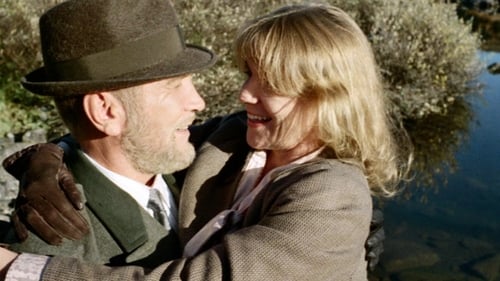
Manfred Horst
The boisterous good humor of Jurmala (Mikk Mikiver), the nickel-mine owner, is, if anything, only barely dented by the raging battles in Finland before, during and after World War Two. In fact, everywhere he goes, he meets prospective customers on all sides of the conflict with his all-inclusive greeting "Friends, Comrades." Indeed, the resource he is wrenching from the earth's bowels is necessary to all forms of industrial activity, and is especially necessary for military applications. Thus, he has no reason to fear that he will ever run out of customers. This doesn't prevent him from using every possible means to entice them. At home, his relationship with his wife is not so prosperous, and they resort to some extraordinary means to try and keep on an even keel.

Follows two wealthy families in Germany during the first half of the 20th century. One of them is German, the other one Jewish.
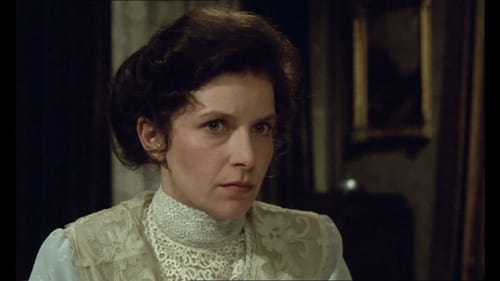
Militante marxista, Rosa Luxemburgo foi uma das mais proeminentes representantes do partido social-democrata alemão. Em 1915, ela rompe com a sigla por esta ter apoiado a participação da Alemanha na Primeira Guerra e passa a lutar contra o conflito.

A movie directed by Zbynek Brynych.

armádní chemik
The opera lady singer Ema Destinnová is in all her splendor at the American stages. But in Europe there rages war and she decides to return home to Bohemia.

Film by Toman and Gajer.

A man and a woman from a different planet come to the Earth to get a cure for a disease that is apparently threatening to eradicate their civilisation.
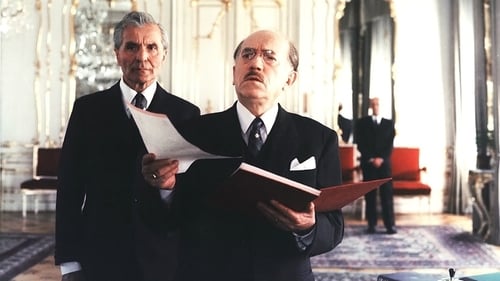
This feature film based on the events of 1938 is a chronicle of the futile efforts of the Czechoslovak president Edvard Benes (Jirí Pleskot), politicians and ordinary citizens, to save the independence and the territorial integrity of the state from the advance of Hitler's Germany. On the 29th of March 1938 the leader of the Sudeten Germans Henlein (Werner Ehrlicher) has a meeting with Hitler (Gunnar Möller). Hitler orders him to intensify pressure on the Czechoslovak government. On the 24th of April in Carlsbad, the Sudetendeutsche Partei (Sudeten German Party) decides upon eight demands that are unacceptable to the Czechoslovak President, since they would ultimately lead to the break-up of the Republic. Benes still shows a certain willingness to negotiate, and Henlein resents this. The Germans are determined to make further negotiations impossible through incidents and violence.
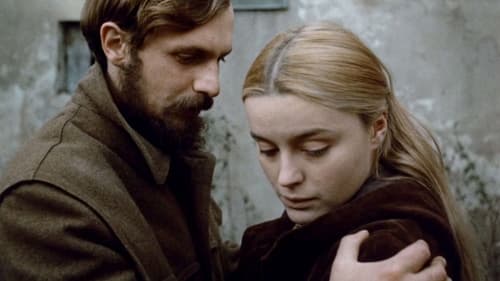
This film, chronicling the last days of Czech resistance fighter Maruska Kuderikova (played by Magda Vasaryova), is based on her diaries. Though she was tortured and eventually executed by the Nazis, her diaries indicate that she was optimistic for the humanity of her captors and did not by any means hate them. Told with simple dignity, this film makes clear why Maruska became a national hero.

Jan Zika is the legendary hero of the communist resistance movement during World War II and leading functionary of the second underground Central Committee of the Communist Party of Czechoslovakia.
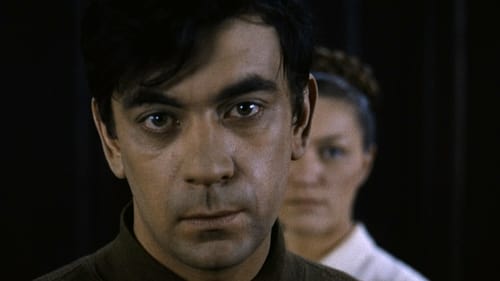
Hansgeorg Heidenmann (voice)
In the aftermath of World War II, a soldier takes charge of a manor formerly owned by a German family and falls in love with the daughter, now a maid. Their relationship forces him to confront the tension between his love and his conscience.

At the year 1946, the time of the Nuremberg Process. One of the main actors of the Second World War, who reportedly committed suicide, Adolf Hitler is, however, missing. The Czech doctor Herman (Karel Höger) is kidnapped from Prague and driven to the sanatorium of Professor Rolf Harting (Jirí Vrstála). The sanatorium is a disguised military stronghold, most probably occupied by a Nazi garrison, with prison cells and an execution chamber in the basement. At night, Herman is taken to a patient in whom he, to his horror, recognizes Hitler (Fritz Diez).
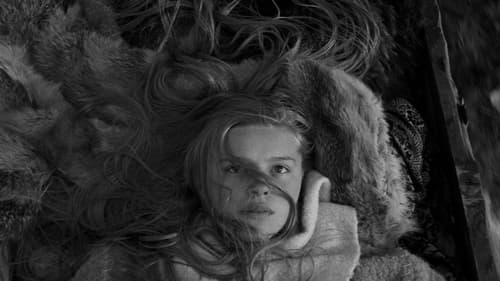
mnich
Marketa Lazarova é um épico medieval poderoso, situado no século Xlll. Baseado na obra do escritor Vladislav Vancura, o filme segue a rivalidade entre dois clãs guerreiros, os Kozliks e os Lazars. Lazar segue o cristianismo e é pai da jovem Marketa Lazarová. Quando Lazar recusa-se a ajudar Kozlík numa guerra, Mikolás, o filho de Kozlík, sequetra Marketa, que se preparava para entrar num convento. Mas o amor dos filhos dos rivais, Mikolas Kozlik e Marketa Lazarova, é condenado por ambas as famílias.


Oldrich is the runt of his village, beaten by his father, bullied by the other boys. But he has imagination of his side, and a wiry toughness they can’t defeat. The village is in turmoil, because the Nazi occupiers have just retreated and the Red Army is advancing. Oldrich dodges amid the mayhem and panic, taking his share of blows but always managing to stay one step ahead. Beautifully shot and darkly ironic, Karel Kachyna’s forgotten masterpiece jumbles reality, memory and fantasy to capture the intensity and confusion of childhood in a war zone.

The assassination of Heydrich in Prague during WWII.

Young Clerk
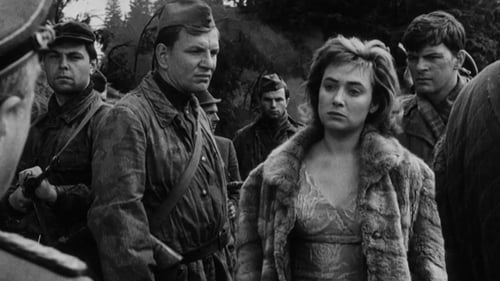
deserter Willy
Pavel is a Czech partisan fighter in the waning days of the war. Just as peace is declared, Pavel is shot in the spine and sent to the hospital emergency ward. As he fades in and out of consciousness, he recalls the events that led to his participation in the underground. Holding German occupation commander Engelchen responsible for all the horrors and deprivations heaped upon his comrades, Pavel is kept alive by the possibility of recovering and exacting vengeance upon the Nazi officer - no matter how long it takes.

Telling the prisoners of a death camp. Boxer Tony Majer, who got into a concentration camp for a fight with the Gestapo, remembers the murderous work in quarries, on the cruel torture of the Nazis and prison solidarity that helped him survive.

















